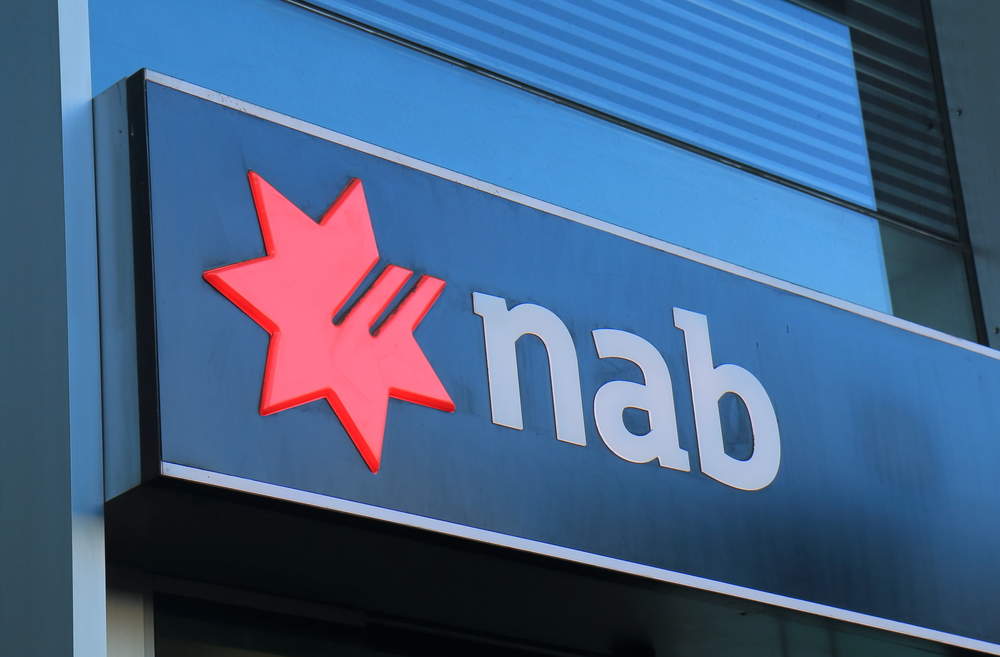
National Australia Bank (NAB) is planning to raise A$3.5bn ($2.26bn) in equity to boost its balance sheet in the wake of the coronavirus (Covid-19) crisis.
For the six months period ended 31 March 2020, the bank reported an after-tax profit of A$1.3bn, a 51% drop compared to the previous year.

Access deeper industry intelligence
Experience unmatched clarity with a single platform that combines unique data, AI, and human expertise.
The planned capital raise is expected to increase the bank’s Common Equity Tier 1 Capital (CET1) ratio to 11.2% from 10.39% as of 31 March 2020.
The bank will raise A$3bn from institutional investors and nearly A$500m for shareholders from a non-underwritten Share Purchase Plan (SPP).
Under the SPP, shareholders are eligible for new, brokerage-free fully paid NAB ordinary shares worth A$30,000.
NAB CEO Ross McEwan said: “NAB had entered the downturn in a robust position but had decided to raise capital to deal with the impact of impaired loans and a requirement to mark-to-market its loan portfolio.”

US Tariffs are shifting - will you react or anticipate?
Don’t let policy changes catch you off guard. Stay proactive with real-time data and expert analysis.
By GlobalDataTo cover future losses from bad debts, the Melbourne-based lender said that it has also set aside A$2.1bn, of which $807m set aside to guard against future Covid-19 effects.
Additionally, the NAB chairman and directors will forego 20% of their base salaries and McEwan will forego 20% of his fixed remuneration through 2020.
Furthermore, the bank is also planning to restructure its business to simplify operations and enable quick decisions amid the pandemic.
The bank has also slashed dividends by 64%. However, the bank said it will continue paying a dividend of A$0.30 a share, although the Australian Prudential Regulation Authority (APRA) advised against it.







